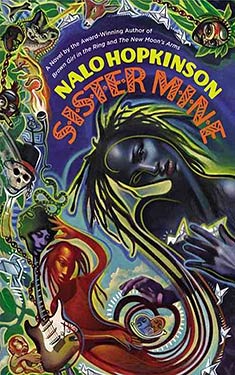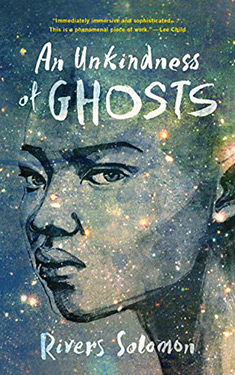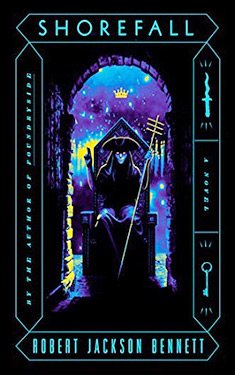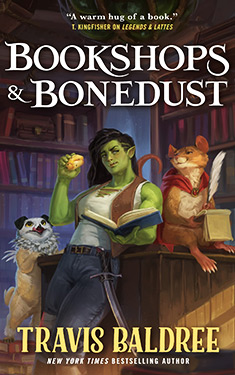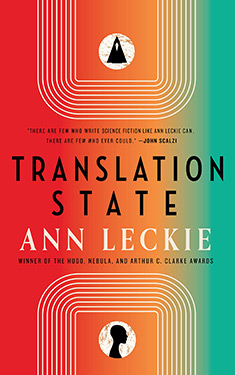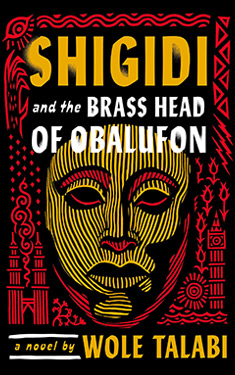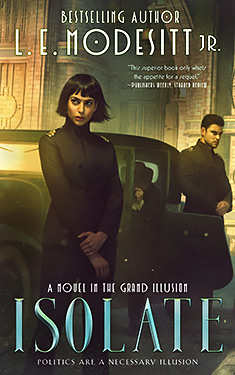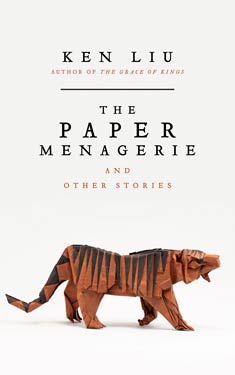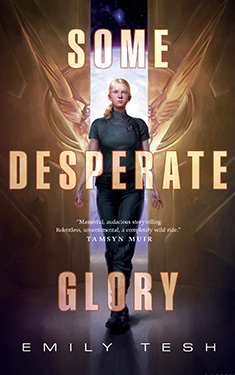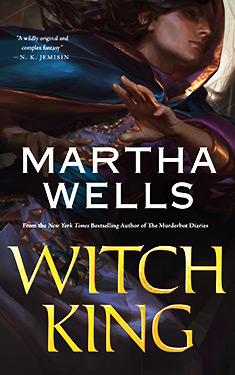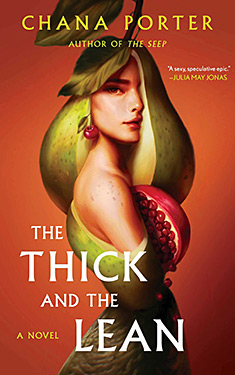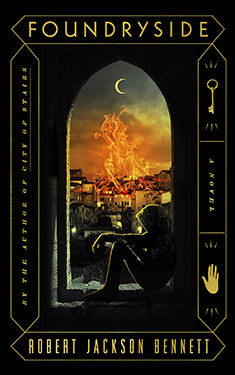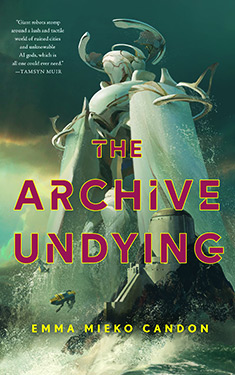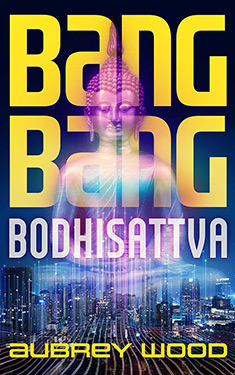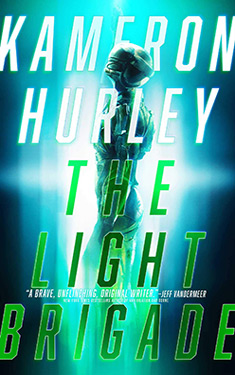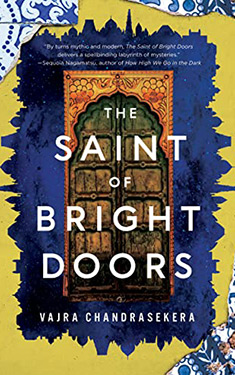Nalo Hopkinson
Completed 10/18/2024, Reviewed 10/18/2024
4 stars
My reviews are going to be a little shorter for a few installments. I have had another surgery on my shoulder and typing is one handed and slow going. I really enjoy Nalo Hopkinson’s books, even when they’re a little uneven. This is one such book. I really enjoyed it, but I felt there were a few two many plot threads and jumping between them was unnerving and sometimes hard to follow. Hopkinson infuses modern stories with Caribbean mythology and magic. This time, the main character was a recently separated conjoined twin whose sister received all the family mojo while she received none. It made growing up in a family of demigods difficult to say the least. This book won the 2014 Norton Award for YA Sci Fi and Fantasy.
Makeda is the human twin, Abby is the twin with all the mojo. The book begins with Makeda moving to a place of her own among the humans. She’s decided she has to learn how to live without relying on her sister. Amidst this process, their father dies. He was condemned to a human existence for falling in love with a human and fathering the two girls. However, he still is a demigod and should be okay once having shirked his human body. However, his father was suffering from dementia and part of his existence is in the invasive kudzu plant which seems to want to destroy Makeda. She is also being chased by a haint, aka haunt or evil spirit. So Makeda still has to rely on Abby for help in all these things. She also has a few other people helping her, including her new landlord who seems to have some mojo of his own, and a lover of Abby’s who is in reality a guitar once owned by Jimi Hendrix.
As you can see by the plot summary, there are a lot of strange things going on. And the story telling jumps around among all these things. And for there being so much Caribbean mojo, it actually takes place in Canada. I occasionally got lost when Makeda did a lot of running from her haint, the kudzu, and other negative energy and entities. I thought the subplots ad world building all got a little confusing.
However, I thought the characters were really strong. Makeda is a terrific main character just trying to find her own as an ordinary human. However, she does seem to occasionally sense mojo around her in others. She’s convinced she’s heard messages from sea shells and trees, although she gets no support from her family on this. Abby is a lot harder to like since she is gifted sister. I also liked Brie, Makeda’s new landlord, who’s also a musician for a band whose music has some mojo-like effect on its listeners.
Despite having too many plot threads and confusing world building, I enjoyed reading the book. I was pretty gripped in the search for Makeda’s father, and what form outside the kudzu he would take, if that was even a thing. I thought the premise was well conceived. I give this book four stars out of five. I have another book by Hopkinson, a collection of stories, which I’m interested in. I might be reading that in a month or so.
